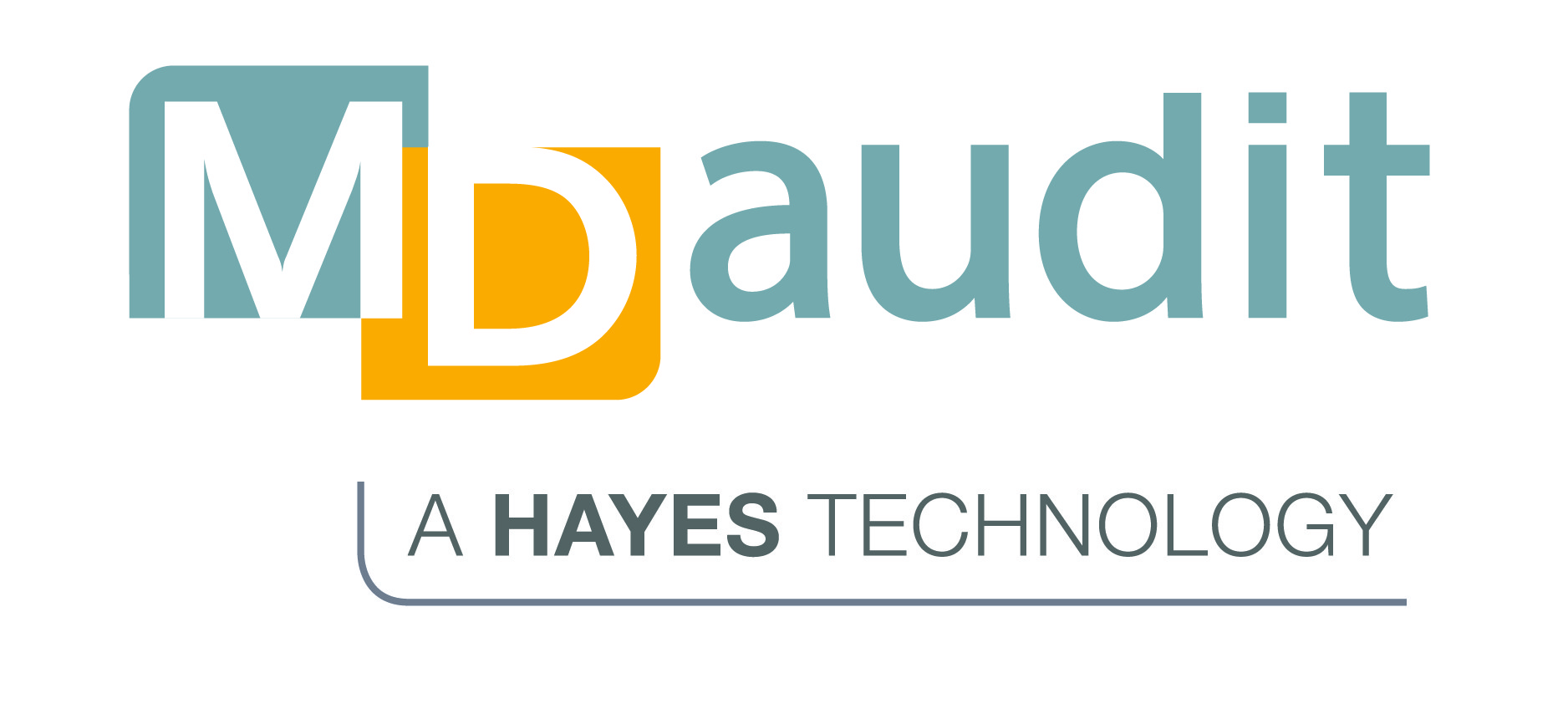28th of October
2021
Hayes’ Healthcare Audit and Revenue Integrity Analysis finds COVID-19 claims and bundling errors leading to denials
 Clustering errors continue to wreak havoc on hospital bottom line results in 2021, leading to 34% of inpatient fee denials, averaging $ 5,300 each. That emerges from an audit and sales integrity report released today by Hayes, Maker of MDaudit, the industry-leading platform for integrated auditing, billing compliance, and revenue integrity for the country’s leading healthcare organizations.
Clustering errors continue to wreak havoc on hospital bottom line results in 2021, leading to 34% of inpatient fee denials, averaging $ 5,300 each. That emerges from an audit and sales integrity report released today by Hayes, Maker of MDaudit, the industry-leading platform for integrated auditing, billing compliance, and revenue integrity for the country’s leading healthcare organizations.
“Health Assessment and Sales Integrity: Benchmarking and Trend Report 2021”Shares the results of Hayes’ review of the in MDaudit company in the first 10 months of 2021. Internal auditors identified a significant number of concerns in the applications they examined, with approximately 33% of the audits leading to “inconsistent” findings. The concerns focused mainly on disagreements between procedural codes and diagnoses.
With a focus on denial trends, pooling was the top tier for both inpatient and outpatient fee denial – the latter averaged $ 585 for each denied application. The main reason was that the service had been included in a previously decided service or procedure. Professional services had an initial rejection rate of 15%, led by claim / billing errors and averaging $ 283 each, while COVID-19 claims continue to attract higher rejection rates from both commercial and government payers .
“With the pandemic causing the projected losses of over $ 100 billion this year, hospitals and healthcare organizations are under intense pressure to optimize revenue flow and reduce compliance risk,” said Peter Butler, CEO of Hayes. “Gaining control over denials by focusing on both auditing and training providers and programmers to improve documentation is a logical first step – especially given that 43% of rendering providers and 27% the hospital coders fail internal audits and auditors get 33 ‘disagree’ results% of the time. If this is not taken into account, it represents an enormous sales and compliance risk for companies. “
Other key findings of the report are:
- 40% of COVID-19 related fees have been denied and 40% of professional outpatient audits for COVID-19 and 20% of inpatient hospital audits have failed.
- The undercoding poses a significant revenue risk, with audits showing that the average underpayment value is $ 3,200 for a hospital claim and $ 64 for a professional claim.
- Overcoding remains problematic as Medicare Advantage plans and payers are scrutinized due to expensive inpatient medical necessity claims, drug fees, and clinical documentation to justify final reimbursement.
- Missing modifiers resulted in an average rejected amount of $ 900 for hospital outpatient claims, $ 690 for inpatient claims, and $ 170 for professional claims.
- 33% of fees submitted using hierarchical condition category (HCC) codes were initially rejected by payers, suggesting increased scrutiny of complex inpatient stays and increased financial risk for hospitals.
“As 2021 winds down, healthcare organizations need to address revenue and compliance risk through a unified revenue-integrity-based approach that provides the ability to use denial insights to focus auditing efforts while engaging with potential audits to Reduce denials, ”Butler said. “In addition, by expanding the scope of audits to include risk-based and prospective audits, companies can increase the impact of their compliance programs by identifying and addressing risks faster, resulting in improved revenue flows and a lower risk of redemptions.”
About the report
Healthcare Auditing and Revenue Integrity: Benchmarking and Trends Report 2021 is based on current fee and remittance data from MDaudit Enterprise customers, including fees and rejections sent to all payer types. The report covers more than 900 facilities, 50,000 care providers, 1,500 coders, and 700 auditors from US acute and pediatric hospitals, academic medical centers, health systems, and individual and multiple physician groups. Access to health care audits and sales integrity here.
Thank You For Reading!
Reference: electronichealthreporter.com
